The recent failure of the Voice to Parliament referendum has given conservative voters in Victoria some glimmer of hope that the spineless Victorian Opposition might actually start to read the electorate’s mood with regard to the sorry state of Aboriginal activist politics. Our hope was that they would develop policies based on principle, instead of sheepishly accepting the divisive politics of Labor.
Already a subscriber? Log in
Subscribe for just $2 a week
Try a month of The Spectator Australia absolutely free and without commitment. Not only that but – if you choose to continue – you’ll pay just $2 a week for your first year.
- Unlimited access to spectator.com.au and app
- The weekly edition on the Spectator Australia app
- Spectator podcasts and newsletters
- Full access to spectator.co.uk
Or

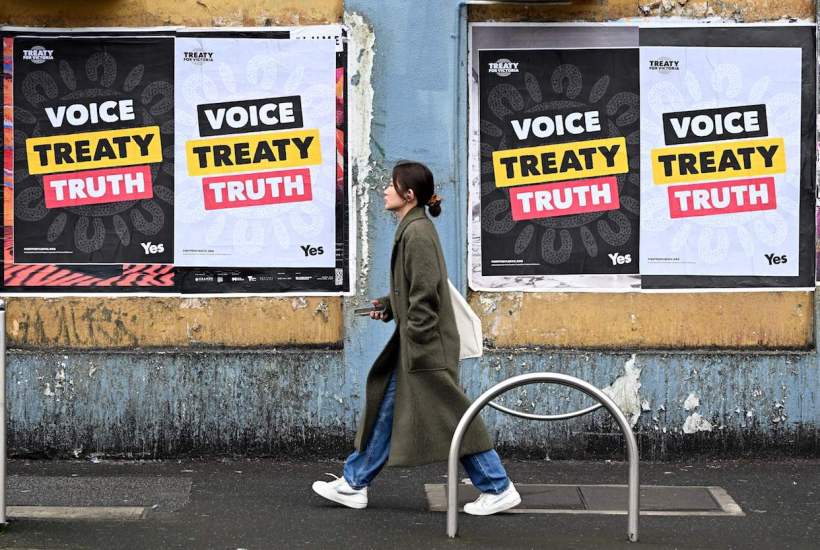


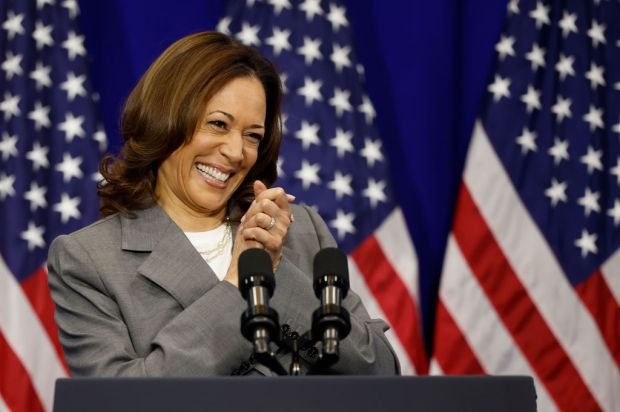
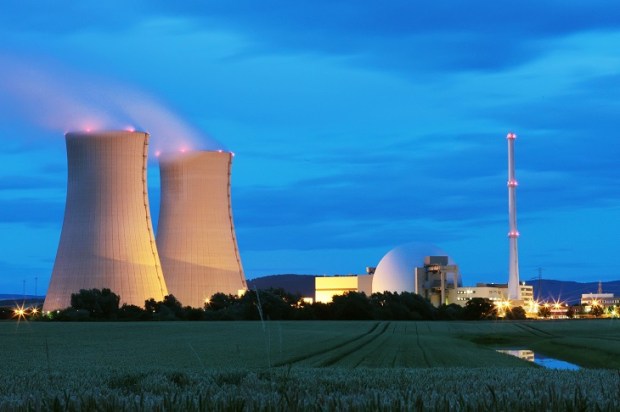
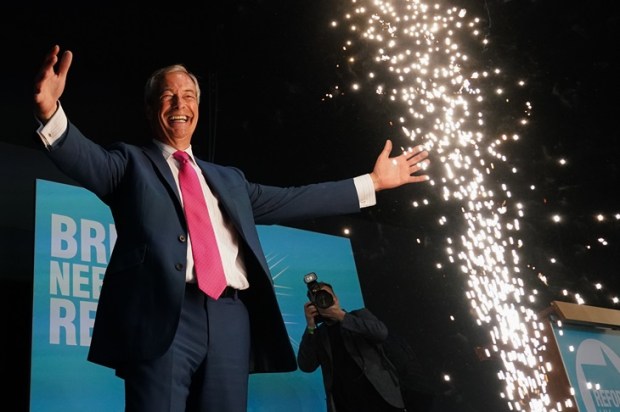
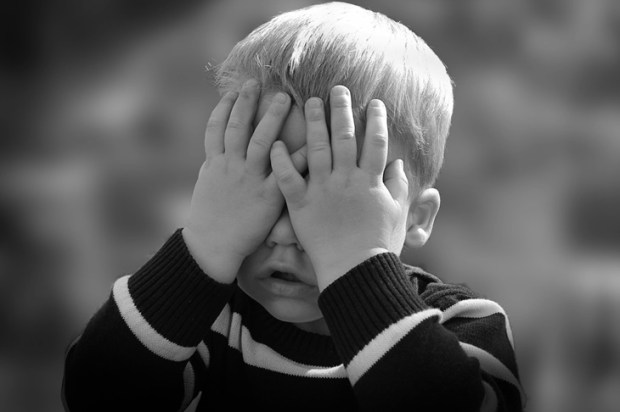


















Comments
Don't miss out
Join the conversation with other Spectator Australia readers. Subscribe to leave a comment.
SUBSCRIBEAlready a subscriber? Log in